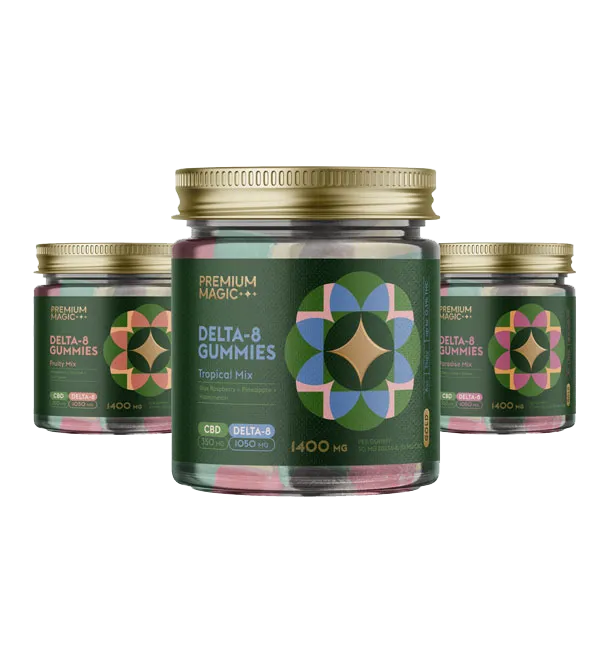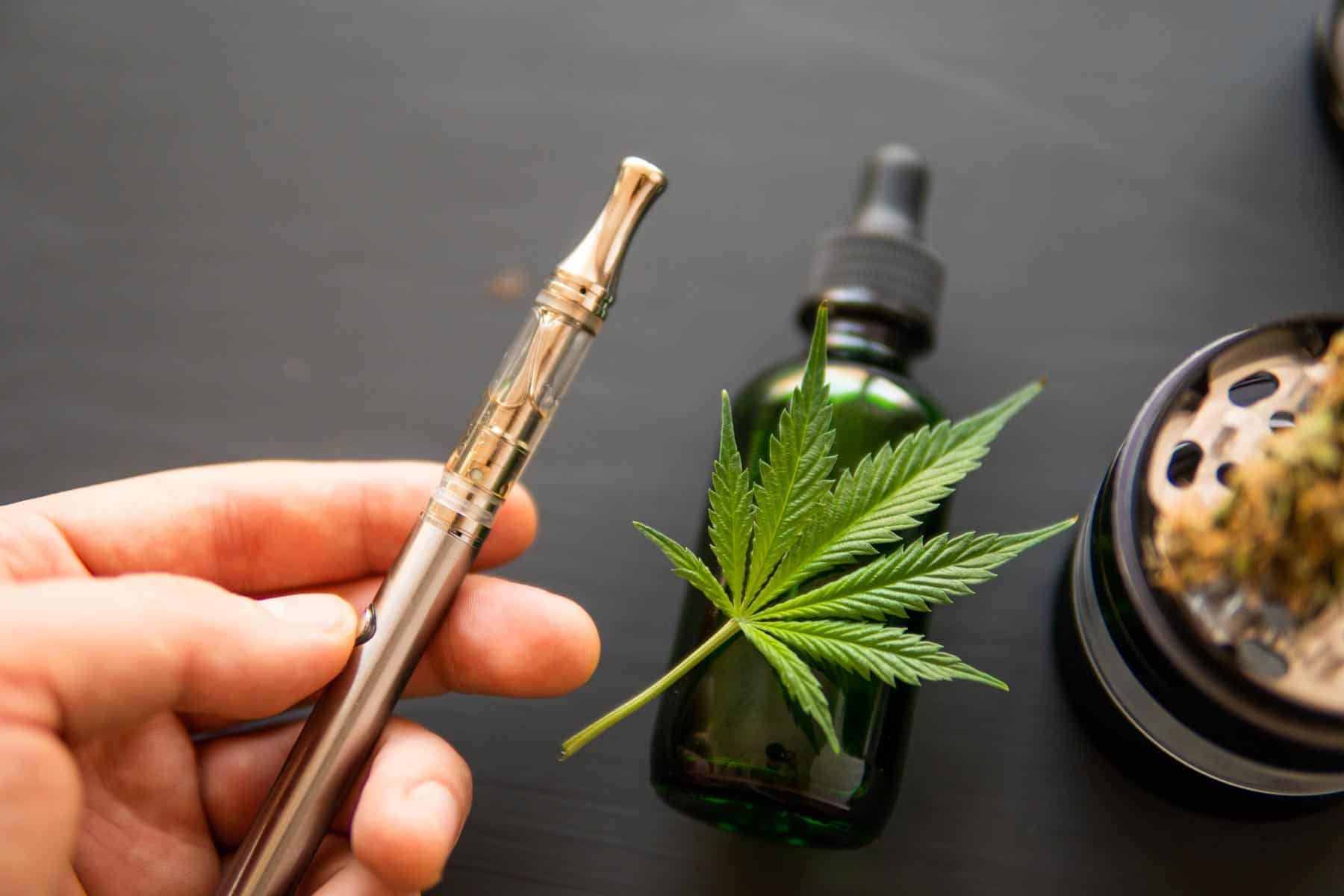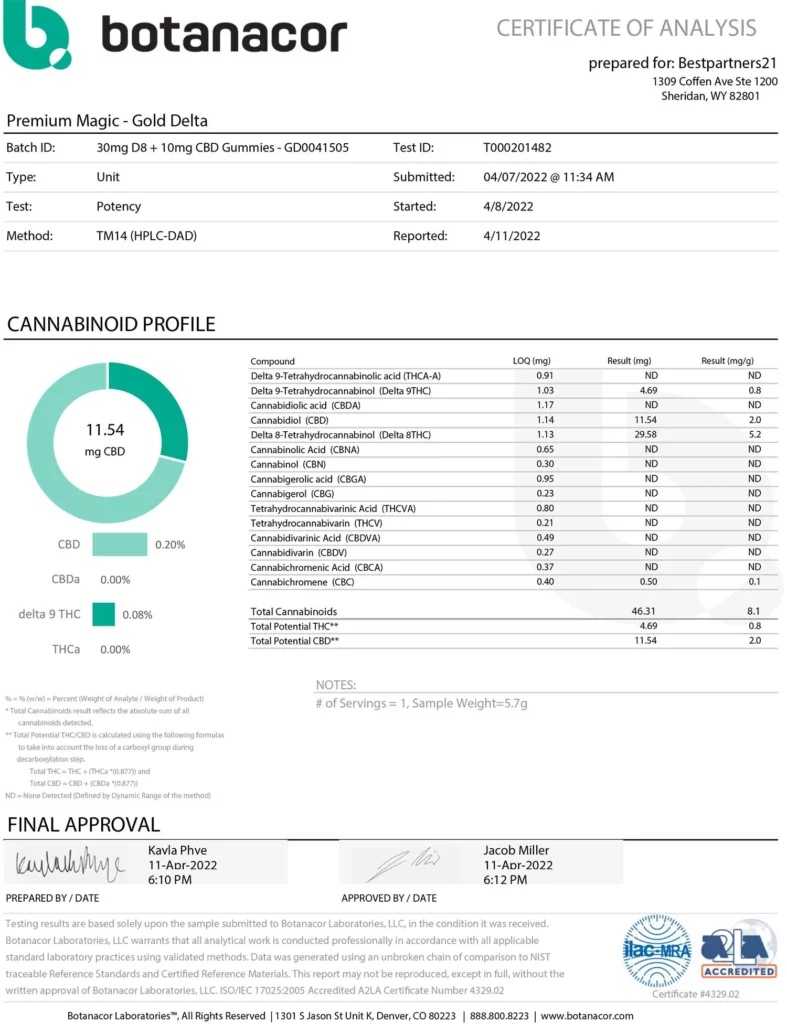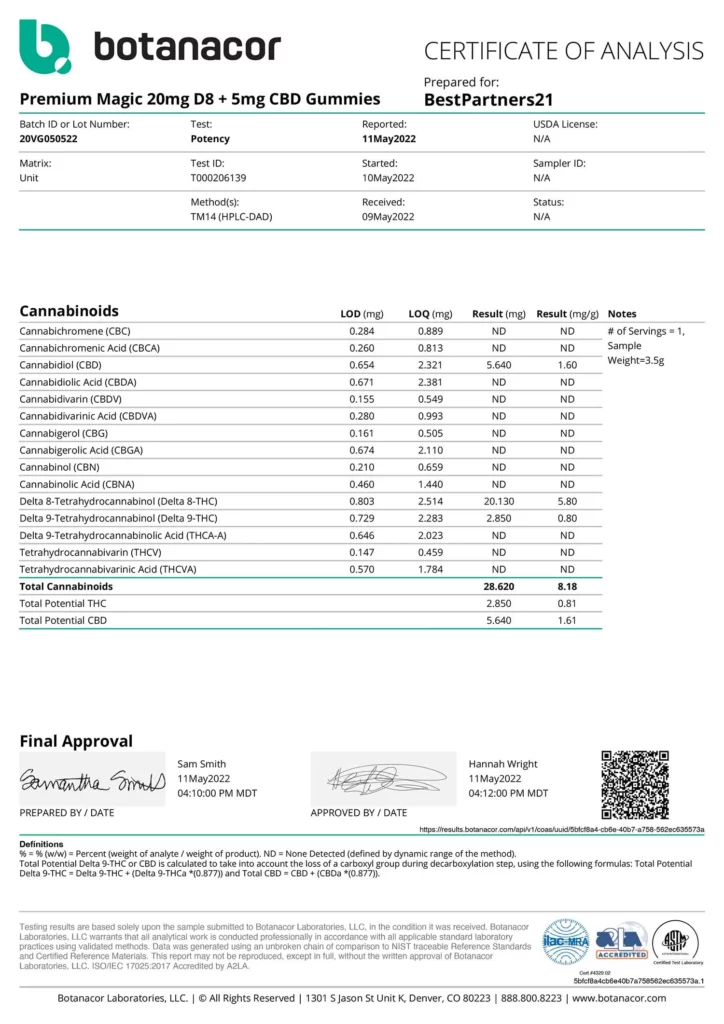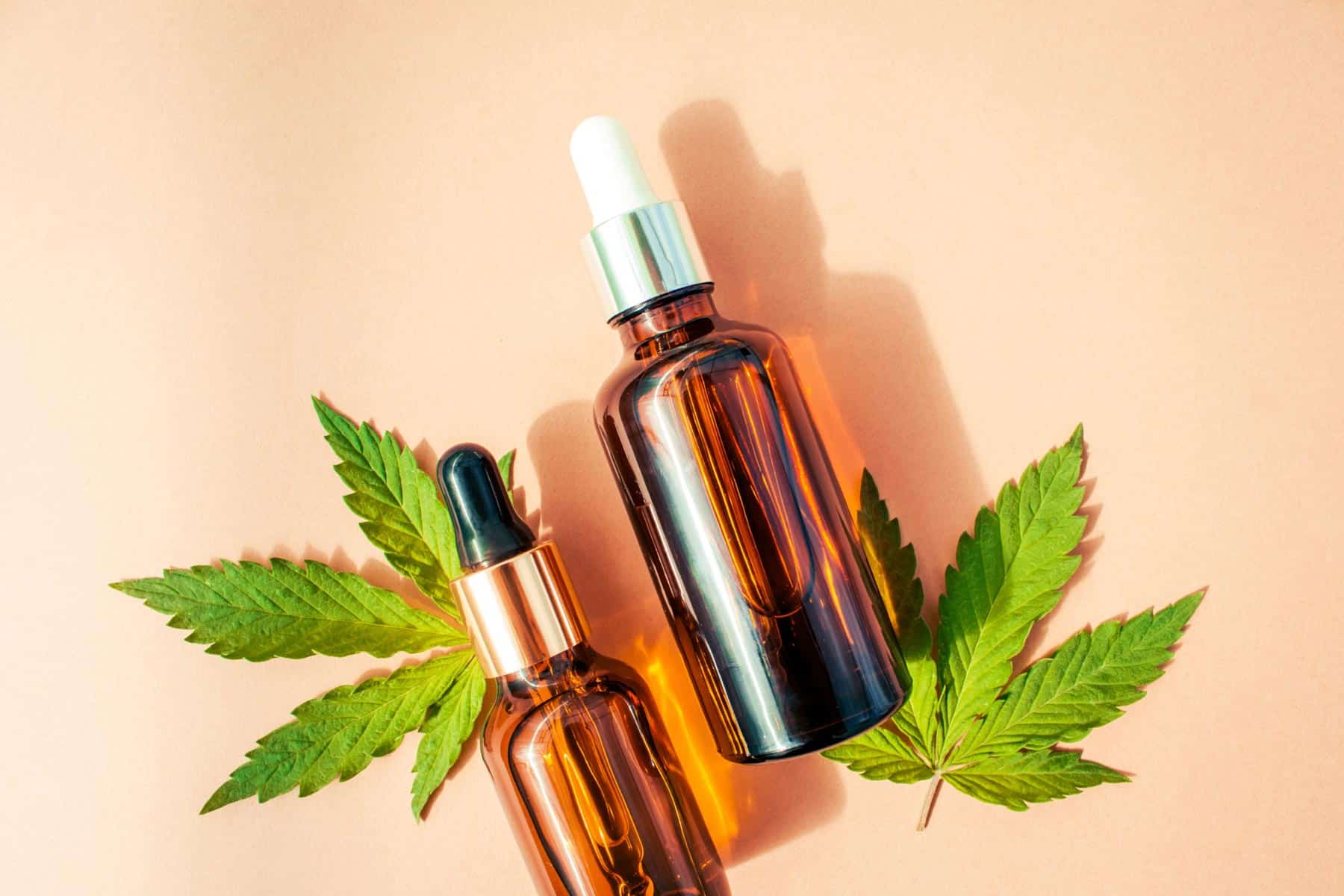
The THC vs CBD Debate: Which One Is Right for You?

The world of cannabis compounds can be confusing, but fear not! In this article, we’ll dive into the differences between THC vs CBD, their potential benefits and risks, and help you navigate the decision-making process. So, let’s get started and find out which one may be the right fit for you!
Understanding CBD
CBD is one of the compounds found in cannabis, but it differs from THC in a significant way—it’s non-psychoactive. That means CBD won’t get you “high” or alter your state of mind. CBD has gained significant popularity due to its potential therapeutic properties and its legal status in many places.
CBD is derived from hemp, a variety of cannabis with low THC levels. It’s legal at the federal level in the United States, provided it contains less than 0.3% THC. CBD has shown promise in a wide range of potential health benefits, including pain relief, anxiety reduction, sleep improvement, and even epilepsy treatment. Many people find CBD appealing as a natural alternative without the mind-altering effects associated with THC.
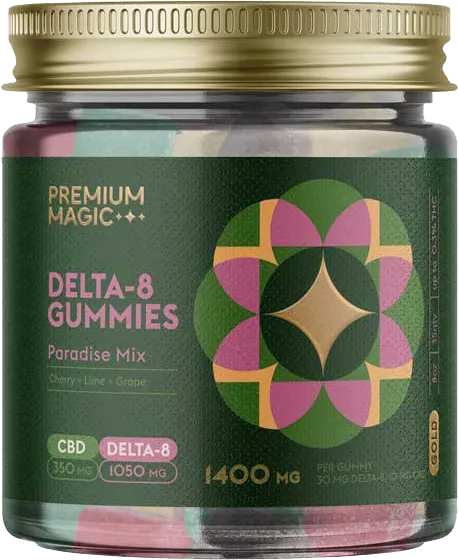
Delta-8 Gummies – Gold Paradise Mix
Original price was: $82.99.$38.99Current price is: $38.99.
Or Subscribe and Save 30%
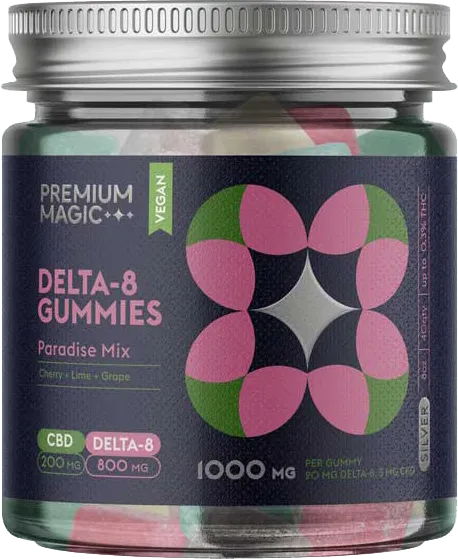
Silver Paradise Mix
Original price was: $68.99.$33.99Current price is: $33.99.
Or Subscribe and Save 30%
Understanding THC
Now, let’s talk about THC (tetrahydrocannabinol). THC is the primary psychoactive compound found in cannabis. In other words, it’s what gives you that euphoric “high” when you consume marijuana. However, it’s important to note that THC is not without its potential risks and legal considerations.
Legally speaking, THC is classified as a controlled substance in many parts of the world. Its recreational use is often restricted or prohibited, while medical use may be permitted under specific circumstances. That said, THC has shown potential benefits for certain medical conditions, such as pain management, nausea relief, and appetite stimulation. However, it’s crucial to understand the potential risks associated with THC use, including impaired cognition, anxiety, and dependency.
THC vs CBD: Key Differences
When comparing THC vs CBD, it’s essential to understand their key differences. From a chemical standpoint, THC vs CBD have similar structures, but they interact with the body in distinct ways. THC primarily binds to cannabinoid receptors in the brain, resulting in its psychoactive effects. On the other hand, CBD has a more indirect influence on the endocannabinoid system, which plays a role in regulating various bodily functions.
In terms of effects, THC is known for its mind-altering properties, such as euphoria, relaxation, and increased appetite. CBD, however, does not produce such psychoactive effects. Instead, it is associated with a sense of calmness and relaxation without the “high.” It’s important to consider these differences when deciding which cannabinoid may be suitable for you based on your desired effects and lifestyle.
Factors to Consider when Choosing between THC vs CBD
When contemplating the THC vs CBD debate, several factors come into play. Here are some key considerations to help you make an informed decision:
- Desired effects and intended use: Are you seeking relief from pain, anxiety, or sleep issues? Do you want to unwind without altering your mental state? Understanding your goals will guide you in choosing the right cannabinoid for your needs.
- Personal preferences and tolerance: Some individuals may prefer the euphoric effects of THC, while others may want to avoid any psychoactive impact. Consider your own comfort level and previous experiences with cannabis compounds.
- Legal considerations: Familiarize yourself with the legal landscape in your area. CBD derived from hemp is generally legal at the federal level in the United States, but THC may have stricter regulations. Be aware of local laws and ensure compliance.
- Potential side effects and health implications: Like any substance, both THC vs CBD can have side effects. THC may cause anxiety, impaired memory, or dependency in susceptible individuals. CBD, though generally well-tolerated, can lead to dry mouth or drowsiness. Consider your own health profile and consult a healthcare professional if needed.
Exploring Combination Products
In recent years, combination products containing both THC vs CBD have gained popularity. These products aim to provide a balanced experience, harnessing the potential benefits of both cannabinoids. However, it’s crucial to carefully consider the specific product and its THC vs CBD ratio, as well as the potential risks associated with each compound.
Consultation with Healthcare Professionals
Before diving into the THC vs CBD world, it’s always a good idea to consult with a healthcare professional. They can provide personalized advice based on your individual circumstances, medical history, and any medications you may be taking. They can guide you in determining the best course of action and help you navigate the THC vs CBD debate more effectively.
Conclusion
The THC vs CBD debate offers a wide array of options for individuals seeking natural alternatives to address their needs. THC provides potential benefits but comes with psychoactive effects and legal considerations. CBD, on the other hand, offers a non-intoxicating experience and is legally available in many places.
Remember, choosing between THC vs CBD is a personal decision that depends on various factors such as desired effects, legal considerations, and personal preferences. By understanding the distinctions between THC vs CBD and considering individual circumstances, you can make an informed choice that aligns with your goals and well-being.
